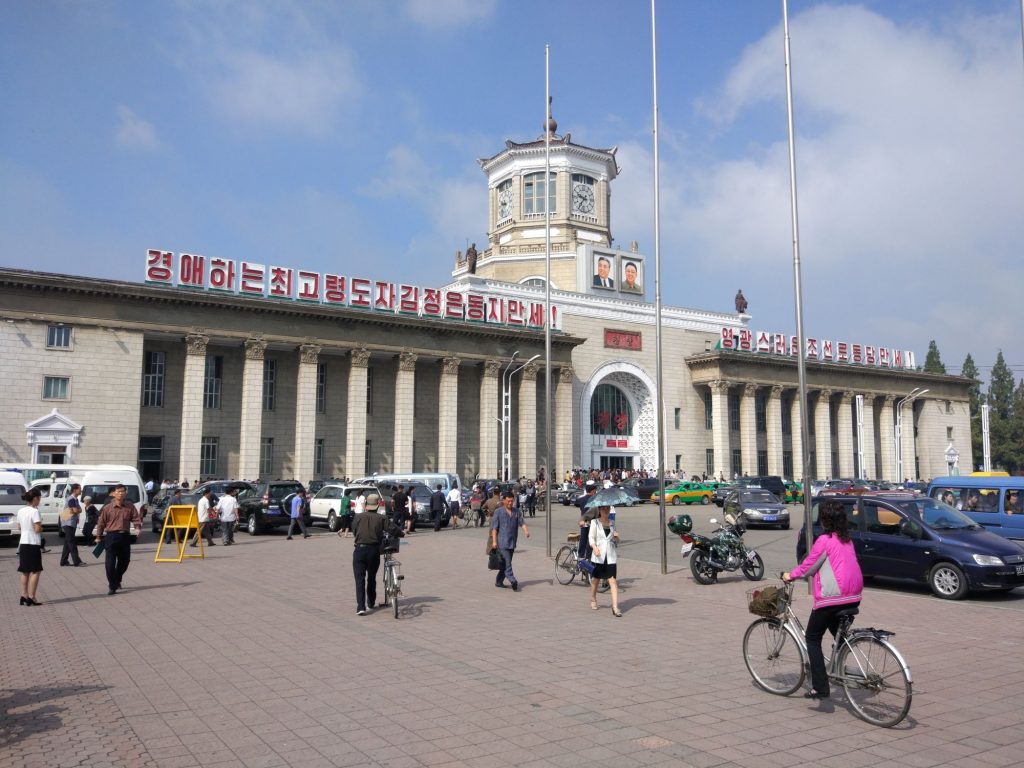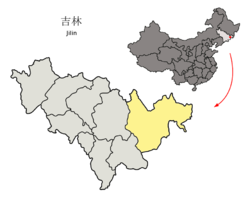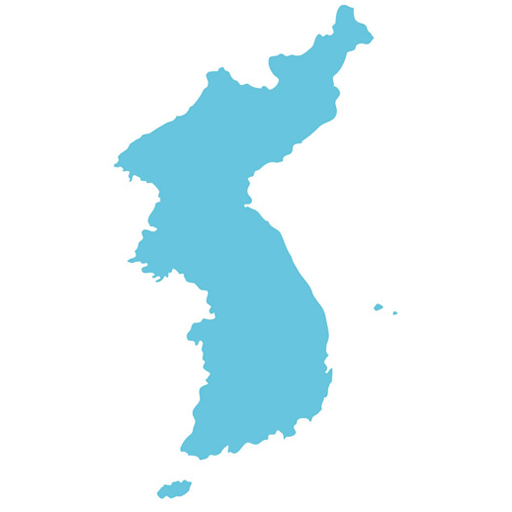What is the population of Korea? What is the population of North Korea? What is the population of South Korea and what would be the population of combined Korea? When you Google this, you will often see the population of South Korea. The population of a combined Korea would be about 79 million – this though would exclude Koreans in China.
Table of Contents
Breaking it down…
But, how do the Korean populations break down and exactly how many “Koreans” are there in the world?
Whilst we might be the leading company in offering budget tours to North Korea, we certainly don’t skimp on having the best North Korean tour guides available. As a matter of fact, our guides are veritable fonts of knowledge. But if, for whatever reason, you don’t have an opportunity to visit the DPRK with us, allow us to act as your personal fonts of knowledge on this particular subject: the population of the DPRK?
Few would dispute the fact that North Korea is a unique place, and that the answers to many questions people might have about the country are somewhat complicated. This is certainly no different when it comes to the country’s population.
What is the Population of North Korea 2024?
What is the population of North Korea? The official population as of 2020 was 25,780,000. The previous census, taken in 2016, put the population at around 26.5 million, meaning an actual decrease in the population of the country.
However, as is always the case with the DPRK, nothing is so straightforward. There are roughly 610,000 ethnic Koreans who live in Japan and belong to the Chongryon organisation. This makes them technically North Korean citizens, and if included as part of the population of the DPRK, takes the North Korean population up to about 26.5 million.

The Korean Diaspora and the Republic of Korea
If we talk about “what is the population of Korea”? It is different to what is the population of Koreans. This would also include the diaspora, as well as Koreans in China for example.
There is also the issue of defectors from the country, but this is a thorny issue that we will bypass for the time being.
There are, furthermore, a number of ethnic Koreans in China and Russia. Whilst not technically citizens of North Korea, they are part of the (North) Korean Diaspora, and would add another few million to the count. In total there are around 2.3 million ethnic Koreans in China. This we will count for what is the population of Greater Korea.

There are also extremely large communities in the former USSR, LA and even Angeles City in the Philippines. The total estimated amount of the Korean Diasaora are 30 million.
To read about Koreatown in Angeles click here.
To read about the Roof Koreans of LA click here.
What is the population of Korea – South Korea/Republic of Korea
The Republic of Korea, more commonly known as South Korea, has a population of around 51.8 million as of 2022. This means that in a unified Korea the ROK would have about 2/3rds of the total population of the combined country.
To read more about what a unified Korea might look like click here.
To see what the unified flag of Korea might look like click here.

What is the Korean population AKA One Unified Korea
This gives us two metrics in calculated the population of Korea. Part one would be what is the population of Greater Korea, with the second being what is the population of ethnic Koreans in the world.

What is the population of unified Korea? For this we add the population of North Korea (26.5 million including those in Japan) to the population of south Korea (51.8 million) this gives us 78.3 million. Therefore the population of Korea is 78.3 million, at least in pur geographic terms.
What is the population of Greater Korea? For this we add 78.3 million to the 2.3 million Koreans in China. Thus a greater Korea would have 80.4 million people.
What is the population of Koreans? We would take the 80.4 million of “greater Korea” and add the estimated 30 million, or so in the wider Korean diaspora, giving us a total of 110.4 million Koreans globally. This would include those of mixed Korean heritage, a thorny issue we will again avoid in the interests of this article!
Whether or not the two populations plus overseas citizens should be counted as a whole is not a question for us to answer, but should attempts at reunification ever come to fruition, who knows?
Check out North Korea for yourself on one of our tours!





